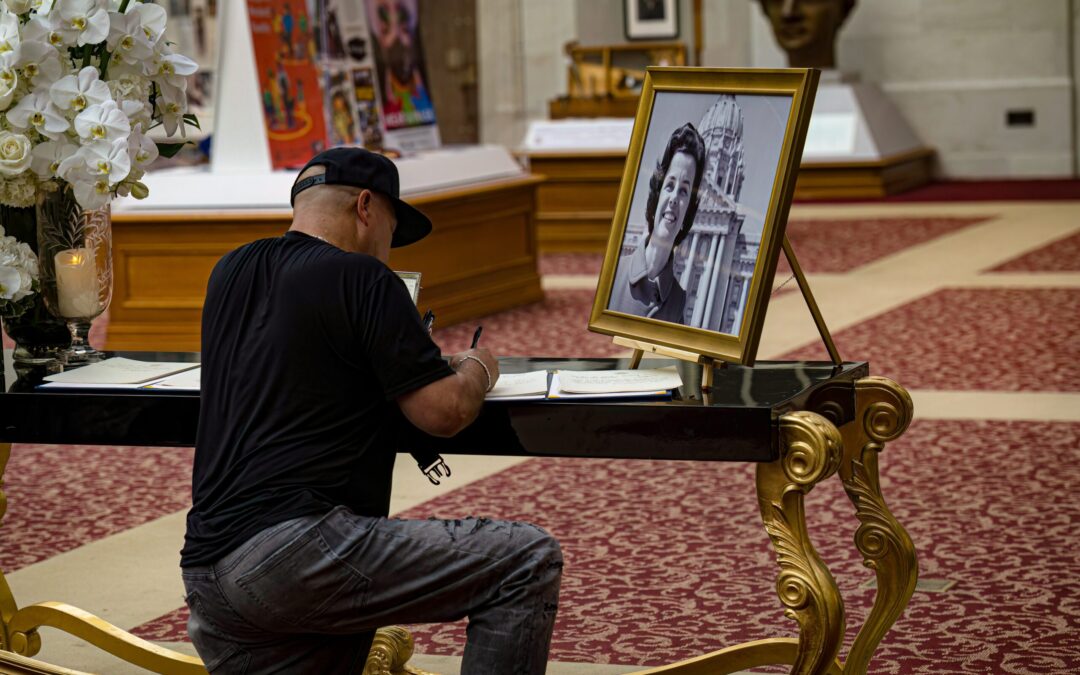Once a diagnosis of dementia has been received, families need to immediately begin advance care planning, as explained in a recent article titled “Can Someone With Dementia Sign Legal Documents” from Health News. Depending on their medical condition, some patients with dementia, particularly in the early stages, may be capable of making their own decisions regarding legal decisions. However, discussions must begin early, so the person can be involved and understand the planning process.
When family members don’t know the wishes of their loved ones, they are more likely to experience distress and difficulties in making decisions. Families report guilt, self-doubt and stress while making advance care decisions with no input from their loved ones.
Laws concerning advanced care vary from state to state. An elder law attorney can help older adults interpret state laws, plan how their wishes will be carried out, and understand financial options.
Advance care planning focuses on both long-term care and planning for funeral arrangements. These documents typically include a durable power of attorney for healthcare, a living will, and Do-Not-Resuscitate orders, often called a DNR. Depending on state law, there may also be a MOLST document, short for Medical Orders for Life-Sustaining Treatment.
The durable power of attorney for healthcare names another person who can serve as a proxy for the person with dementia if and when they cannot make informed healthcare decisions.
A living will state a person’s wishes for end-of-life treatment. This documents their views about specific medical procedures, including but not limited to dialysis, tube feeding or blood transfusions. If the person should become unconscious, then families may make treatment decisions based on what their loved one wants.
A Do-Not-Resuscitate order is placed in a patient’s medical chart if they do not want to receive CPR (cardiopulmonary resuscitation) if their heart stops or breathing ceases. A doctor must sign this before it is placed in the chart.
Planning for a funeral is a difficult task. However, it will alleviate stress and possible guilt in the future. People with dementia can tell their loved ones what they want regarding a funeral or memorial service, burial, or cremation. If arrangements are already in place, such as purchasing a burial plot, providing details to family members will make it easier to manage.
Advance care planning can be a sensitive topic, but seeking legal advice early on is helpful so the family can focus on ensuring their loved one has the care they want. Involving the person with dementia in the process is respectful. An estate planning attorney can guide the family to ensure planning is done correctly.
Reference: Health News (Jan. 11, 2023) “Can Someone With Dementia Sign Legal Documents”






